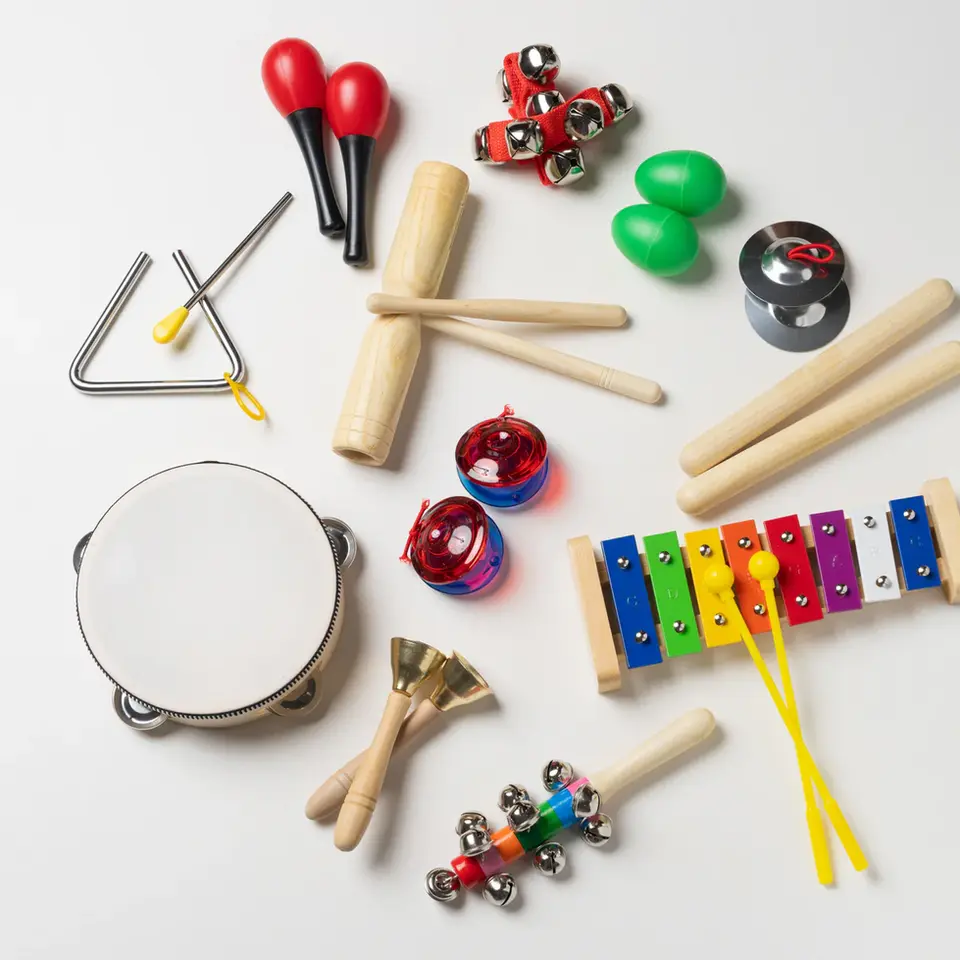
What is Play Therapy?
Play Therapy is a therapeutic approach that taps into children’s most natural means of learning and expression – play. Unlike traditional counselling, Play Therapy does not rely on words and speech since children’s cognitive abilities and verbal skills are still developing. Using play as a medium, kids can more easily express and work through emotions and experiences in a safe space that’s centred on them. This allows them to feel encouraged, accepted and free.
In addition to helping children through difficult times, Play Therapy can help them develop life-enhancing qualities such as confidence and resilience. It can also help improve family relationships by giving parents a greater insight into their child’s experiences.
Play Therapy is a well-established and evidence-based therapeutic approach for children founded upon psychological theories. It is widely used in the UK and US and is fast gaining recognition in Australia as an effective intervention.
For children, the most self-healing, natural and dynamic process is to play out their experiences and feelings.
Prof Garry Landreth
Director Emeritus of the Association for Play Therapy US
Principles of Play Therapy
-
Develop a warm and friendly relationship with the child
-
Accept the child as they are
-
Establish a feeling of permission in the relationship so that the child feels free to express their feelings completely
-
Be alert to the child's feelings and reflect these back in a way that facilitates the child gaining insight into their behaviour
-
Maintain a deep respect for the child’s ability to solve their problems and gives them the opportunity to do so
-
Not direct the child's actions or conversations in any manner
-
Not hurry the therapy along – it is a gradual process
-
Only establish those limitations necessary to anchor the therapy to the real world and to make the child aware of their responsibility in the relationship
Principles of Play Therapy
Develop a warm and friendly relationship with the child
1
Accept the child as they are
2
Establish a feeling of permission in the relationship so that the child feels free to express their feelings completely
3
Be alert to the child's feelings and reflect these back in a way that facilitates the child gaining insight into their behaviour
4
Maintain a deep respect for the child’s ability to solve their problems and gives them the opportunity to do so
5
Not direct the child's actions or conversations in any manner
6
Not hurry the therapy along – it is a gradual process
7
Only establish those limitations necessary to anchor the therapy to the real world and to make the child aware of their responsibility in the relationship
8
Who can benefit from Play Therapy

Play Therapy can help children struggling with challenges including but not limited to:
-
Anxieties
-
Generalised, phobias, social, separation
-
-
Depression
-
Low self-esteem
-
ADHD
-
Autism Spectrum Disorder
-
Bullying/ being bullied
-
Domestic violence
-
Family breakdown
-
Abuse
-
Neglect
-
Medical trauma
-
Parental medical conditions
-
Self-harm
-
Bereavement
Who can Benefit from Play Therapy
Play Therapy can help children struggling with challenges including but not limited to:
-
Anxieties
-
Generalised, phobias, social, separation
-
-
Depression
-
Low self-esteem
-
ADHD
-
Autism Spectrum Disorder
-
Bullying/ being bullied
-
Domestic violence
-
Family breakdown
-
Abuse
-
Neglect
-
Medical trauma
-
Parental medical conditions
-
Self-harm
-
Bereavement

Play Therapy Toolkit
A Play Therapist’s toolkit provides a selection of therapeutic play equipment for the children to work with. More than just toys, these items are chosen for their ability to offer the children many different opportunities for self-expression and creativity – allowing them to explore and make sense of their world.
Frequently asked questions








